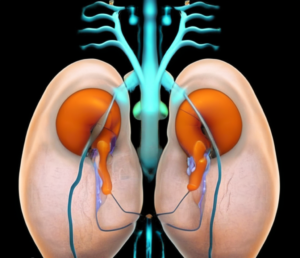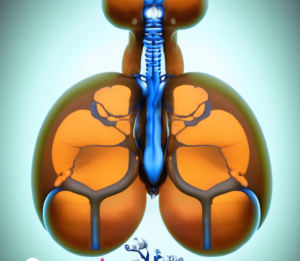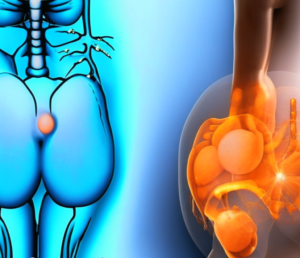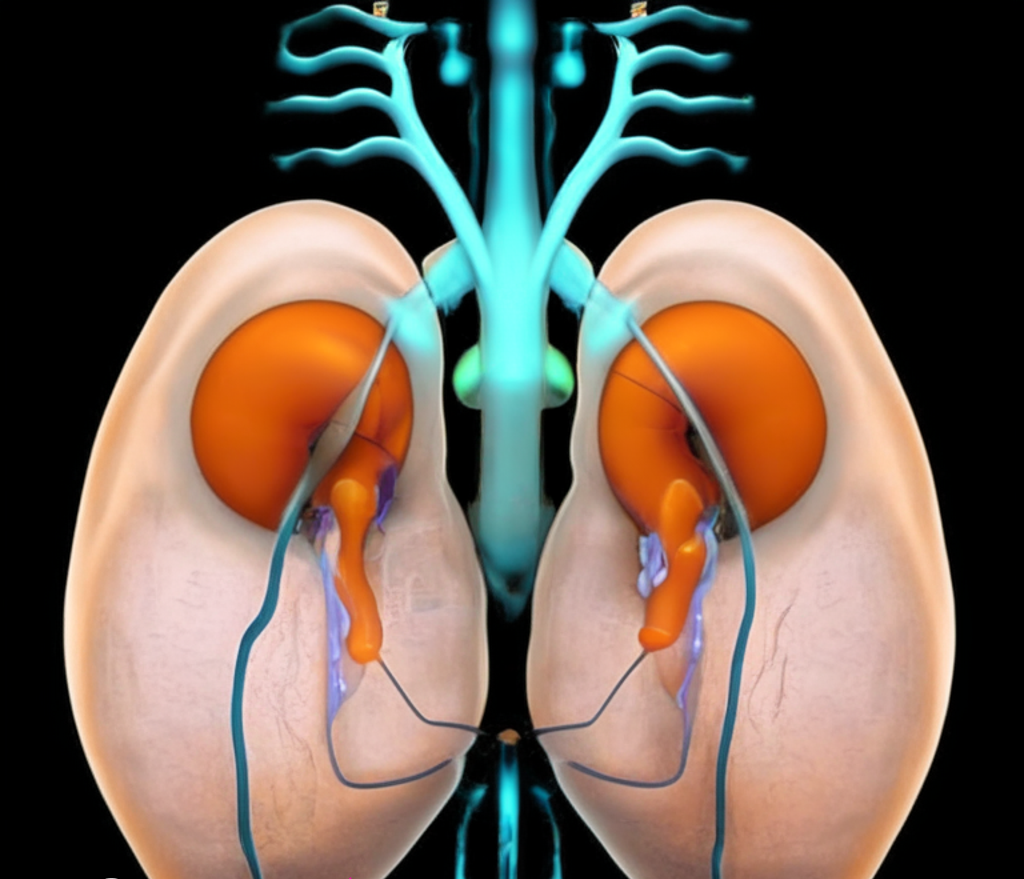A Comprehensive Guide to Understanding Kidney Infections

1. Introduction
2. Understanding Kidney Infections
2.1 What is a Kidney Infection?
2.2 Causes of Kidney Infections
2.3 Risk Factors
Several factors can increase the risk of developing a kidney infection, including:Female gender: Women are more prone to kidney infections due to the shorter urethra, which allows bacteria to reach the bladder and kidneys more easily.

3. Symptoms of Kidney Infections
3.1 Common Symptoms
Kidney infections often present with a variety of symptoms, including:
- High fever
- Flank pain (pain on the side or back)
- Abdominal pain
- Frequent urination
- Urgency to urinate
- Blood in the urine
- Cloudy or foul-smelling urine
- Fatigue
- Nausea and vomiting
3.2 Complications
If left untreated, kidney infections can lead to severe complications, such as:
Kidney damage: Prolonged infection can cause scarring and permanent damage to the kidneys.
Sepsis: In severe cases, the infection can spread to the bloodstream, leading to a life-threatening condition called sepsis.
Kidney abscess: A pocket of pus can form within the kidneys, requiring drainage and additional treatment.
4. Diagnosing Kidney Infections

4.1 Medical History and Physical Examination
When assessing a possible kidney infection, a healthcare provider will review the patient’s medical history and perform a physical examination. They will inquire about symptoms, risk factors, and any previous urinary tract infections.
4.2 Urine Tests
Urine tests, such as urinalysis and urine culture, are crucial in diagnosing kidney infections. These tests help identify the presence of bacteria, white blood cells, and other signs of infection in the urine.
4.3 Imaging Tests
Imaging tests, such as ultrasound or CT scan, may be performed to visualize the kidneys and identify any structural abnormalities or signs of infection.
4.4 Blood Tests
Blood tests, including a complete blood count (CBC) and blood cultures, can provide valuable information about the severity of the infection and assess kidney function
5. Treating Kidney Infections
5.1 Antibiotics
Antibiotics are the primary treatment for kidney infections. The choice of antibiotics depends on the specific bacteria causing the infection and their sensitivity to different medications. It is crucial to complete the full course of antibiotics as prescribed to ensure the complete eradication of the infection.
5.2 Hospitalization
Severe kidney infections may require hospitalization for intravenous antibiotics and close monitoring. Hospitalization may also be necessary if complications like kidney abscesses or sepsis develop.
5.3 Surgical Intervention
In rare cases where the infection does not respond to antibiotics or there are structural abnormalities in the urinary tract, surgical intervention may be required to correct the underlying issue and prevent recurrent infections.
5.4 Home Remedies
While antibiotics are essential for treating kidney infections, certain home remedies can help alleviate symptoms and support recovery. These include drinking plenty of fluids, applying a heating pad to the affected area, and getting adequate rest
6. Preventing Kidney Infections
6.1 Hygiene Practices
Maintaining good hygiene is crucial in preventing kidney infections. This includes regular handwashing, proper cleaning of the genital area, and wiping from front to back after using the toilet.
6.2 Urination Habits
Urinating frequently and completely can help flush out bacteria from the urinary tract and reduce the risk of infection. Avoiding delaying urination and emptying the bladder before and after sexual intercourse are also important preventive measures.
6.3 Fluid Intake
Staying well-hydrated helps maintain a healthy urinary system by flushing out bacteria. Aim to drink an adequate amount of water throughout the day.
6.4 Urinary Catheter Care
If a urinary catheter is necessary, proper care and hygiene are vital to reduce the risk of infection. Follow healthcare provider’s instructions and keep the catheter clean and unobstructed.
7. Conclusion
Kidney infections are serious conditions that require prompt medical attention. Understanding the causes, symptoms, diagnosis, treatment, and prevention strategies can help individuals protect their kidney health. By following good hygiene practices, maintaining healthy urination habits, and seeking timely treatment for urinary tract infections, the risk of kidney infections can be significantly reduced.
FAQs
FAQ 1: What are the main causes of kidney infections?
Answer: The primary cause of kidney infections is the entry of bacteria, such as E. coli, into the urinary tract, which then reaches the kidneys.
FAQ 2: Can kidney infections be contagious?
Answer: Kidney infections themselves are not contagious. However, the bacteria causing the infection can be transmitted through close contact, such as sexual activity.
FAQ 3: How long does it take to recover from a kidney infection?
Answer: The recovery time for a kidney infection varies depending on the severity of the infection and individual factors. With appropriate treatment, most people recover within a week or two.
FAQ 4: Are kidney infections more common in women?
Answer: Yes, kidney infections are more common in women due to their shorter urethra, which allows bacteria to reach the bladder and kidneys more easily.
FAQ 5: Can kidney infections lead to long-term complications?
Answer: If left untreated, kidney infections can lead to complications such as kidney damage, sepsis, and the formation of kidney abscesses. Timely treatment is crucial to prevent long-term complications.
